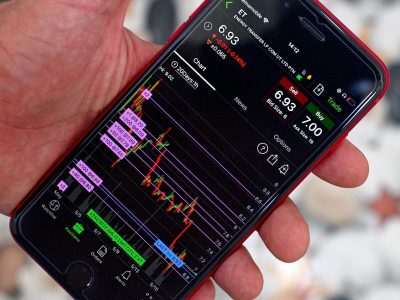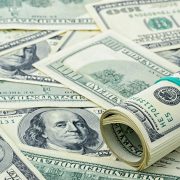
Brazil has reported a significant current account deficit (CAD) of BRL 6.6 billion for August 2024, a sharp increase from the BRL 1 billion deficit recorded in the same month last year.
The latest figure has exceeded market expectations, which had forecast a deficit of BRL 5.1 billion.
This marks the highest current account deficit since December 2023, highlighting growing economic challenges for the nation as imports surge and exports decline.
Data from the Banco Central do Brasil revealed that the country’s trade balance posted a BRL 4.0 billion deficit in August, a marked deterioration compared to a BRL 4.8 billion surplus in the previous year.
The primary driver of this shift is a significant 6.5% drop in exports coupled with a 12% spike in imports.
The figures raise concerns about Brazil’s competitiveness in the international market and signal an increasing reliance on foreign goods, which could further strain the country’s economic health.
Largest CAD in 7 months
Brazil’s current account deficit has been steadily widening. In July 2024, the deficit stood at $5.2 billion, up from $3.6 billion in the same month in 2023 and higher than the $4 billion shortfall economists had expected.
This marked the largest current account deficit in seven months, reflecting mounting pressure on the country’s economy.
The services sector played a key role in the ballooning deficit. The services deficit increased by $1.6 billion to reach $4.75 billion, driven largely by a 70% jump in net transportation service expenses, which accounted for $1.6 billion of the deficit.
Analysts warn that this upward trend in service-related costs could further exacerbate Brazil’s current account woes and complicate efforts to stabilize the economy.
The tourism industry also remains a weak point in Brazil’s economic recovery.
Still struggling to rebound fully from the impact of the COVID-19 pandemic, the sector has contributed to the rising services deficit, as more Brazilians continue to spend on foreign services.
Experts argue that bolstering domestic tourism and service industries will be key to addressing this imbalance.
Improvement in primary income deficit
Despite the growing current account deficit, there was a glimmer of positive news in the form of a reduction in Brazil’s primary income deficit.
The deficit decreased to BRL 6.2 billion in August, a reduction of BRL 851 million from the previous year.
This improvement can be attributed to an 18.7% decrease in net expenses for profits and dividends from direct and portfolio investments, a promising sign for Brazil’s investment climate.
Brazil’s secondary income surplus remained stable at BRL 259 million, supported by steady inflows from remittances and foreign aid.
While the surplus provides some financial cushion, experts caution that the modest size of the surplus indicates a need for greater foreign capital inflows to support Brazil’s broader economic recovery.
Alarming year-to-date deficit
For the first eight months of 2024, Brazil’s cumulative current account deficit has soared to BRL 30.4 billion, more than double the BRL 13.5 billion deficit recorded during the same period in 2023.
This sharp rise raises serious concerns about the long-term implications for Brazil’s economic stability and creditworthiness.
The expanding deficit puts increasing pressure on the Brazilian government to enact swift economic reforms.
Analysts argue that addressing trade imbalances and boosting domestic manufacturing are crucial steps toward stabilizing Brazil’s economy and improving its competitiveness in the global market.
In the face of rising deficits and economic challenges, Brazil’s ability to implement effective reforms will be critical to its future financial stability.
The post Brazil’s current account deficit hits BRL 6.6 billion in August amid soaring imports appeared first on Invezz









